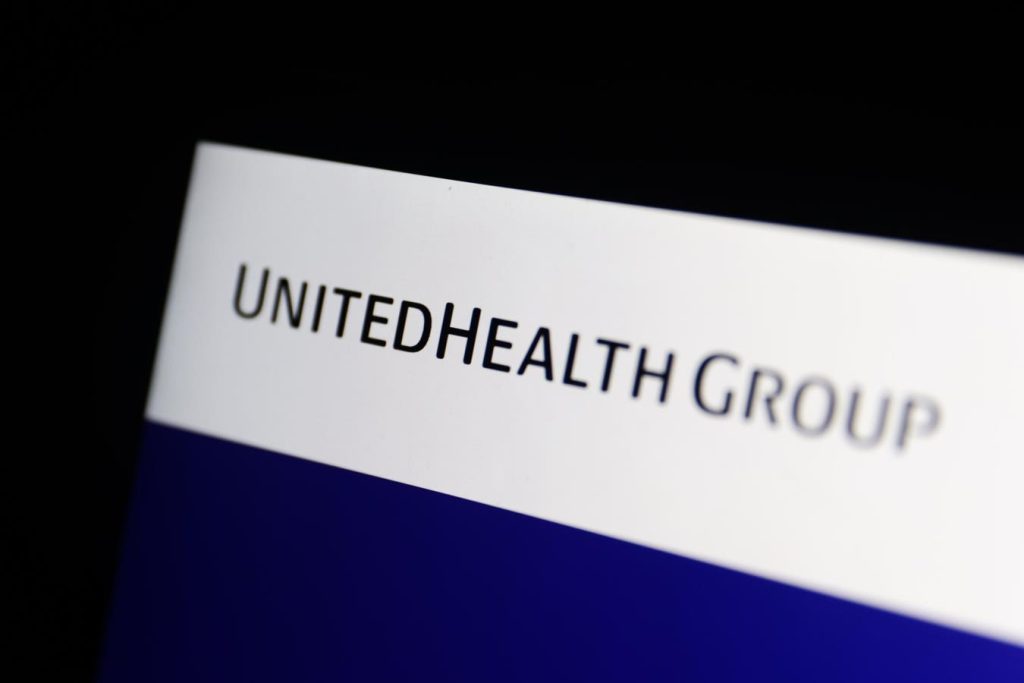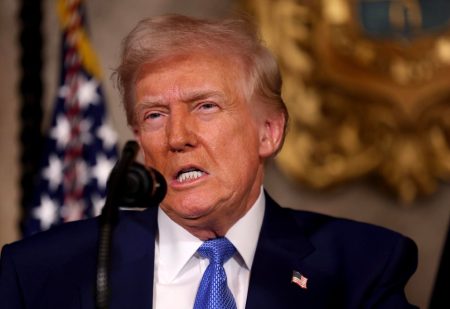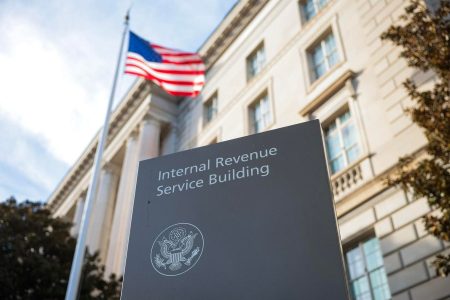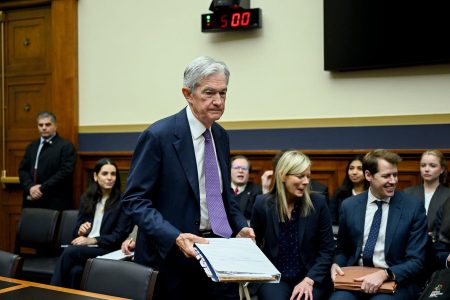The healthcare industry is facing a turbulent period, marked by rising costs, public outrage, and legislative scrutiny, all of which are impacting the performance and valuation of major players like UnitedHealth Group (UNH). The recent shooting of a UNH executive, while the motive remains unclear, has ignited further public anger, particularly on social media, contributing to an 8% drop in UNH’s stock price and underscoring the tense relationship between insurers and consumers. This tension stems from the increasing financial burden of healthcare in the US, where medical expenses are a leading cause of bankruptcy and consumers struggle with escalating premiums and denied claims. Despite operating on thin margins, the sheer volume of business allows insurers like UNH to generate substantial profits, with UNH reporting a 38% increase in adjusted net profit. However, investors remain concerned about the company’s profitability in the face of rising medical costs, reflected in the increasing medical care ratio.
Several factors contribute to the rising cost of healthcare, including an aging population with increased healthcare needs, evolving lifestyles, the adoption of expensive new technologies, and overall inflation. Hospital service prices, for example, have risen by almost 7% this year. This inflationary pressure impacts both individual stocks and the broader market, creating volatility for investors. In response to these rising costs, lawmakers are considering legislation that would force health insurers to divest their pharmacy benefit manager (PBM) businesses. This potential legislation poses a significant threat to companies like UNH, whose OptumRx PBM business contributes significantly to its revenue. The proposed divestiture, combined with the impact of a recent cyberattack and persistently high medical costs, has dampened UNH’s bottom-line growth prospects for the year.
The convergence of these challenges has created a complex landscape for UNH. While the company has achieved stock price growth for three consecutive years, its performance has been inconsistent and has not consistently outperformed the market. UNH’s returns of 45% in 2021, 7% in 2022, and 1% in 2023 demonstrate this volatility. In contrast, diversified portfolios, such as the Trefis High Quality Portfolio, have demonstrated more consistent returns and lower volatility over the same period, highlighting the benefits of diversification in mitigating risk. The Trefis portfolio’s consistent outperformance of the S&P 500 underscores this point, showcasing the potential for steadier returns through a diversified approach.
From a valuation perspective, UNH appears to have limited growth potential in the near term. Current valuations, based on trailing earnings and historical P/E ratios, suggest that the stock is trading close to its fair value. This assessment indicates that investors expecting substantial price appreciation in the short term may be disappointed. While UNH remains a significant player in the healthcare industry, the current market environment and the company’s specific challenges suggest a cautious outlook for its stock price. A comparative analysis with peer companies is crucial for investors seeking to understand UNH’s relative performance and potential within the broader healthcare sector.
The healthcare sector’s challenges extend beyond UNH and reflect broader systemic issues. The rising cost of care, driven by demographic shifts, technological advancements, and inflation, is a pressing concern for both consumers and investors. Legislative efforts to address these issues, such as the proposed divestiture of PBM businesses, could significantly reshape the industry landscape and impact the profitability of major players. These regulatory changes add another layer of complexity to the investment landscape, requiring investors to carefully assess the potential impact on individual companies and the sector as a whole. The interplay of these factors creates a dynamic and challenging environment for healthcare companies and investors alike.
In conclusion, UNH is navigating a complex and challenging environment characterized by rising medical costs, regulatory scrutiny, and public pressure. While the company has demonstrated consistent profitability, its growth prospects are tempered by these headwinds. The potential forced divestiture of its PBM business, combined with sustained high medical costs and the aftermath of a cyberattack, creates uncertainty about its future earnings. From a valuation standpoint, UNH appears fully valued, offering limited upside potential in the near term. Investors considering UNH should carefully weigh these factors and compare its performance and prospects with those of its peers to make informed investment decisions. The broader context of rising healthcare costs and regulatory changes further underscores the need for a comprehensive and nuanced approach to investing in this sector.










